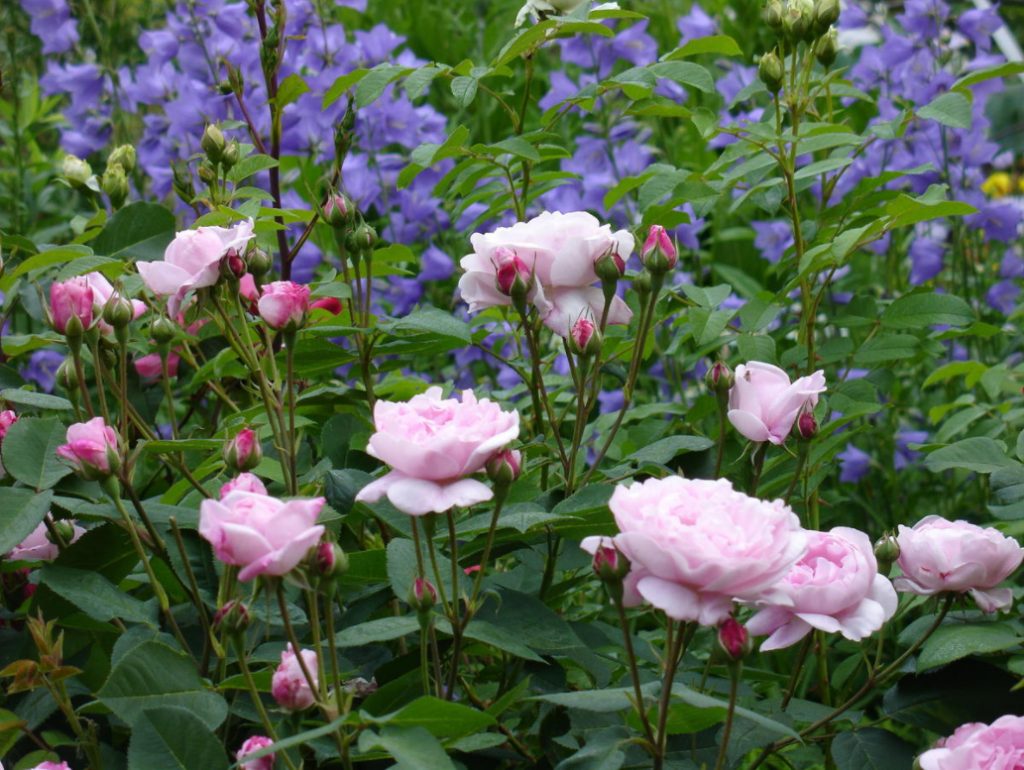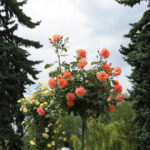At the request of the site, the most authoritative expert on roses, made a selection of questions that she is asked not only by beginners, but also by experienced rose growers.
- How to carry out summer fertilizing of roses on mulched plantings?
Many, even experienced gardeners are concerned that mulch serves as a barrier to mineral fertilizers and can disrupt the nutritional balance in the soil. If the mulch is rotted manure or compost, then there should be no special concern that the mineral fertilizers will not reach the goal. In addition, mulch reduces evaporation and prevents overheating of the soil in the root zone, enriches the soil with organic matter and beneficial bacteria. With all the undoubted advantages, this mulch does not serve as an obstacle to weeds, and often even increases the blockage. Without weeding and loosening can not do.
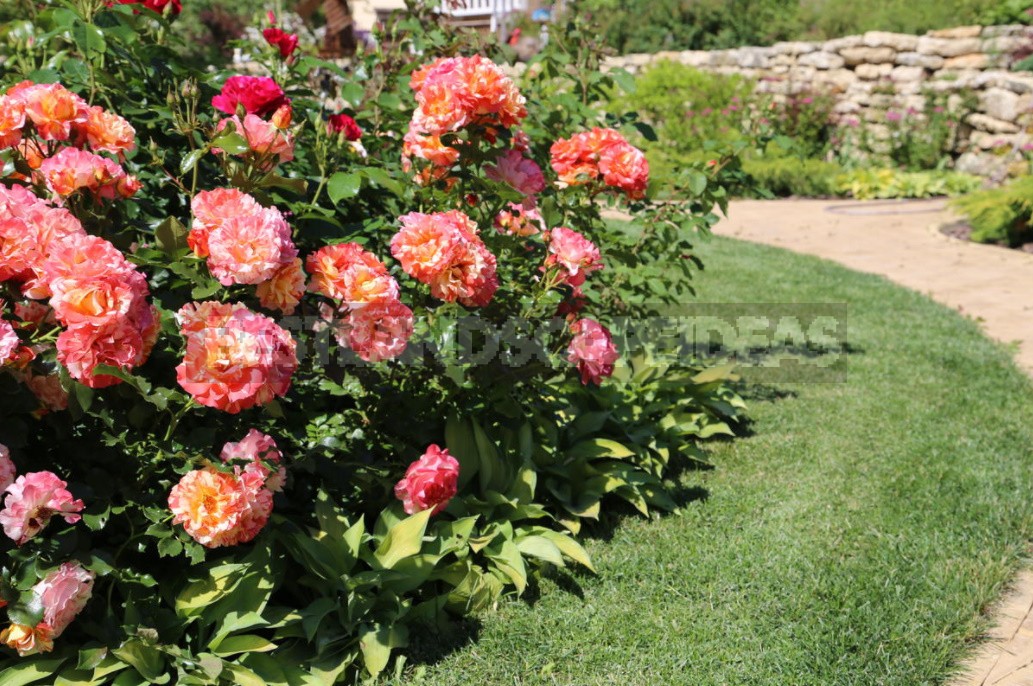
In recent years, crushed bark, wood chips, sawdust, pebbles, marble chips, and even coconut shavings have been used as mulching materials. Sometimes this material only masks plastic film, geotextile, cardboard, which serve as an alternative to herbicides. What have we achieved with this mulching? We suppressed the growth of weeds, but it became more difficult for roses to grow, because the roots do not breathe. The increase in decorative planting is also doubtful, because they received an artificial environment that does not promote the growth of roses. I do not appreciate such beauty and do not understand. How to feed roses in such conditions? It is better to carry out liquid top dressing, under the root and on the leaves.
I do not really understand the reason for the General boom in mulching, even the owners of two or three rose bushes are concerned. I agree that there is a period when the soil under the roses is better covered, but this applies only to young plantings. This period is short, and the bare ground between the roses can be temporarily protected, for example, by mown grass. After the roses grow, they themselves will protect the soil from overheating and will suppress the growth of weeds. You need to plant high-quality planting material and do it with the necessary density. In the edge parts of the plantings, you can place the most spreading varieties or make flowerbeds with edging.
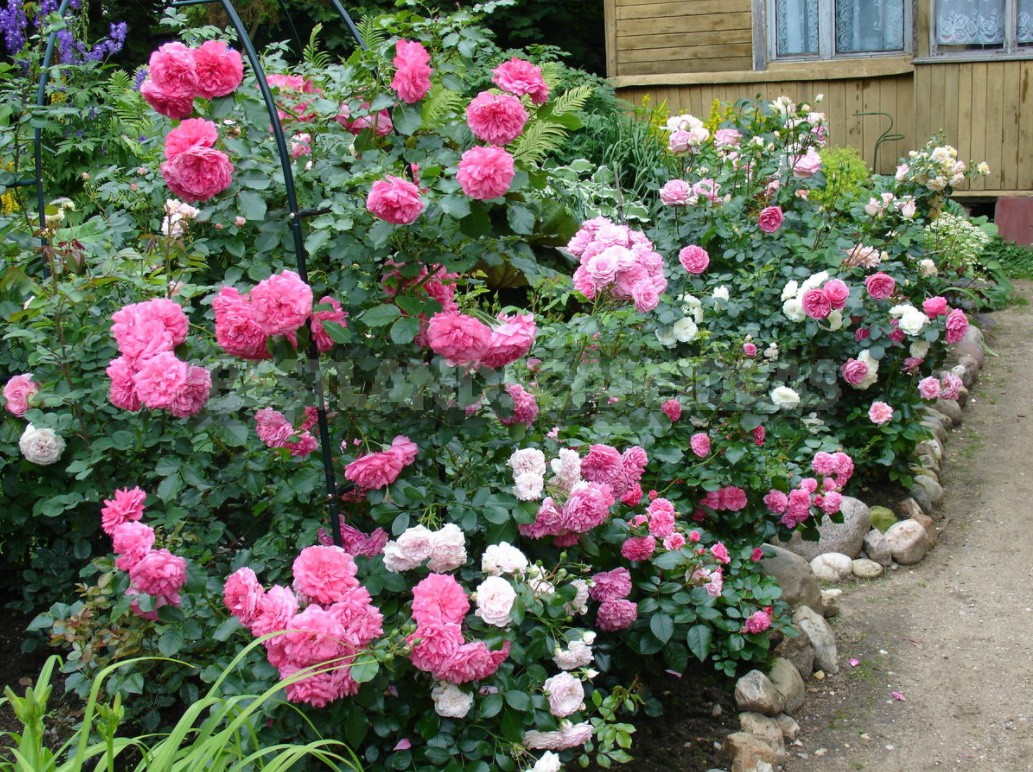
- Can roses overwinter if they were severely affected by black spotting in the summer?
They may overwinter, or they may die. This is determined not only by the presence of black spots in the rose garden, but also by other conditions of overwintering. When they say that black spotting weakens the plant, they mean the following. The development of the disease leads to premature leaf fall, and without leaves, photosynthesis is impossible, the effectiveness of respiration and evaporation decreases, i.e. the main functions of the body are disrupted. During this period, there is a premature awakening of the buds laid by the plant for the vegetation of the next season, and the rose survives “on credit”, due to the lush flowering of the next year.
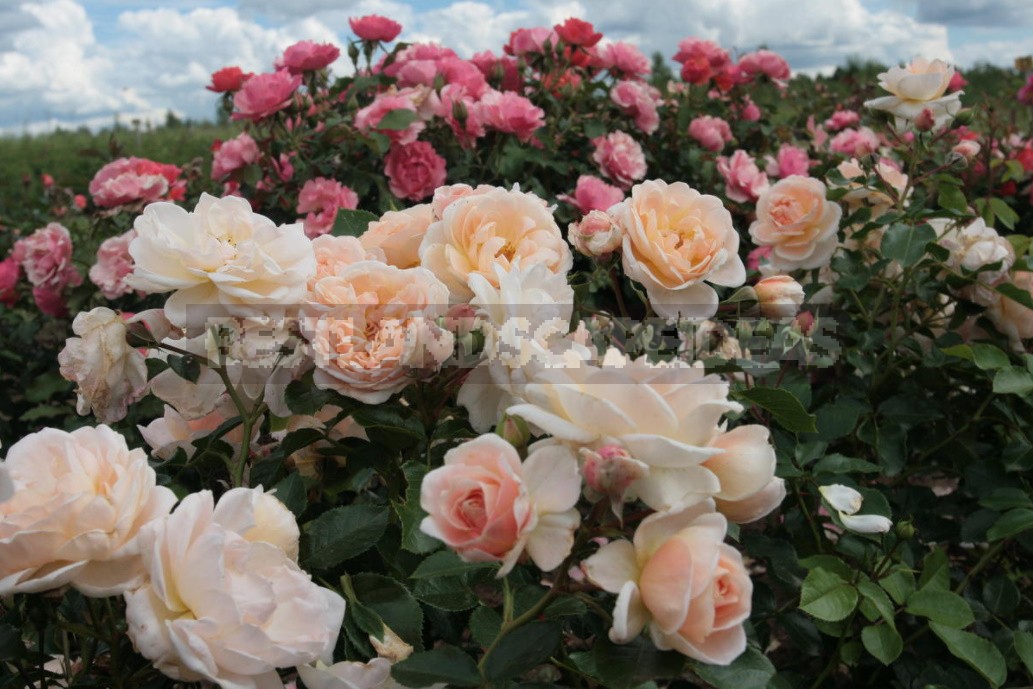
If rose suffers from black spot every year, I do not rule out that she may not survive the winter, and for this reason. The strategy to combat black spot worldwide is not to choose the drug and the frequency of spraying, but to choose a sustainable variety.
- How to deal with aphids on the rose?
Aphids can cause damage to flowering, but if there are not many roses, then you can fight these pests with simple means (soapy water or an infusion of Matricaria chamomilla). Most often, Amateurs use insecticides to fight aphids.
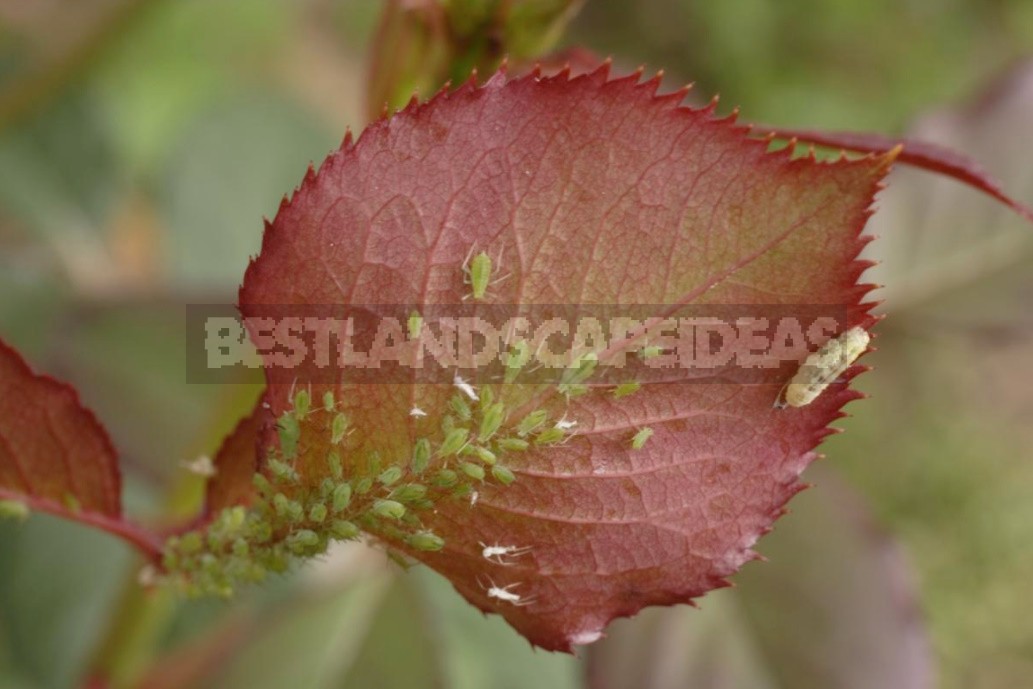
Use only products that are approved for use in private farms, and follow the instructions.
- I have on one of the flower beds after the winter, some roses are slightly pulled into the ground and they look buried beyond measure. Now you can say that they look oppressed, look worse than other roses. Can the penetration to cause depression? Are they now busy forming their own roots instead of growing? Dig up? I was kind of afraid to touch them after the winter, they looked great, I couldn’t dig them up and pull them out with villas, so I left them as they are. What do you recommend?
Such questions are often asked. This is due to errors when planting: a fresh pit and insufficient soil compaction when planting a seedling. Usually, the depth control is carried out a few days after planting, then such a defect can be easily eliminated. The depth of the eyepiece site (the point where the shoot begins to grow) should not exceed 3-4 cm.
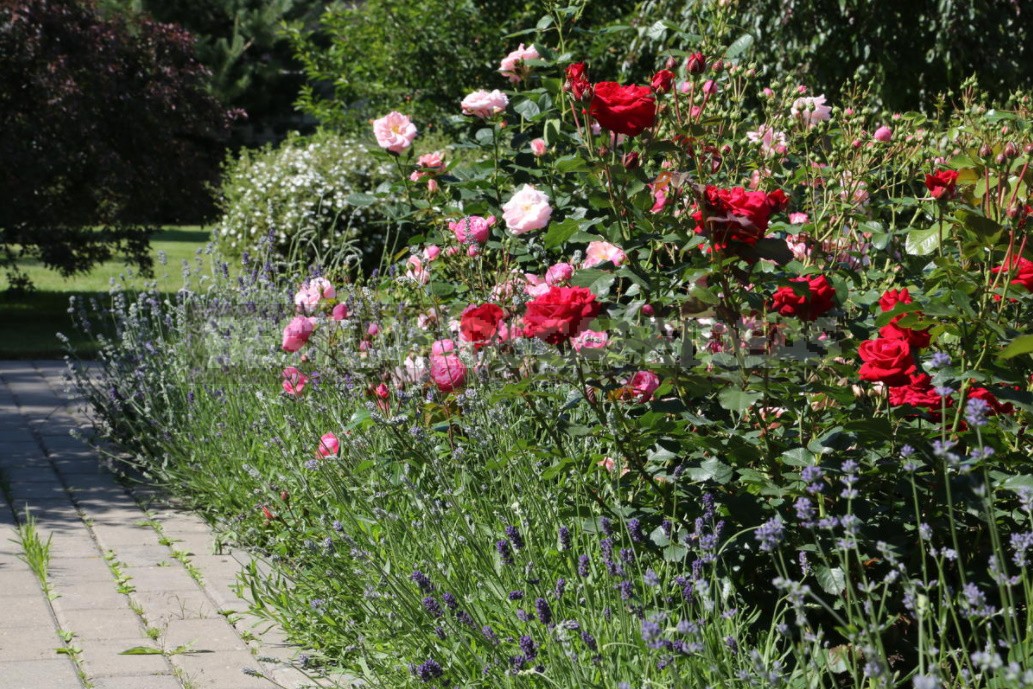
Does excessive deepening affect the development of the rose? At first you will not notice this, but over time you will see that such bushes lag behind in development, especially on compacted soils, and new shoots do not appear. Some varieties may indeed be “busy forming their own roots”, shoots may take root, but this process is long, and new roots will not save the plant.
I advise you to raise the plant slightly in the fall (in late September – early October) and fill the soil. Perform this operation easier together, with a pitchfork, while slightly lifting the Bush from opposite sides.
